Microsoft has been king of the desktop for nearly two decades. But then something happened — while the rest of the world found prosperity in the mobile revolution, Microsoft lost its way. Apple, in particular, revolutionized industries and changed the game for what a computing device could look and feel like. Microsoft, on the other hand, was nowhere to be found.
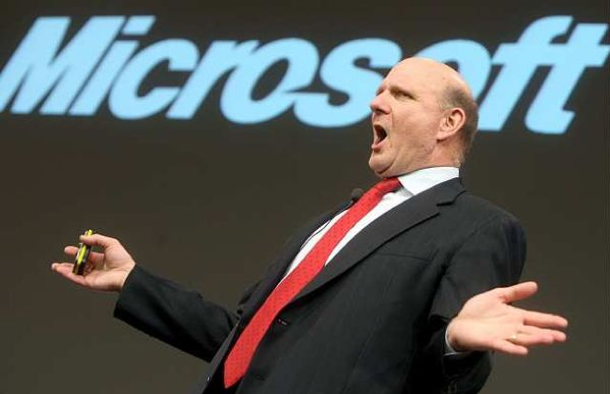
Left Behind
Was it a case of too little, too late? Was it a situation where Microsoft was too big for its own good? Was it a lack of management and direction? Or was it simply a case of complacency? These are the questions I ask myself when I need to re-evaluate Microsoft as a company.
Microsoft certainly fell behind in the tech race at the turn of the century. While the competition was revolutionizing industries, Microsoft rested its laurels with Windows XP, Microsoft Office, MSN/Hotmail, and Windows Mobile. All were good products, but all of them were falling behind as newer competition came in to steal consumer interest; consumers were demanding more, and other companies were happy to satisfy that demand.
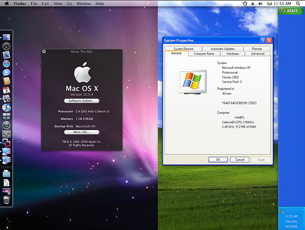
In the case of Windows XP, Apple one-upped Microsoft with Mac OS X. It was clear which operating system was superior, and Microsoft reacted with the release of Windows Vista. Vista, however, wasn’t nearly as polished as Windows 7 is today. This resulted in many sticking with Windows XP. Now, Windows XP is still heavily used, but there is no telling if those users will ever upgrade to Windows 7 or if they will opt with Mac OS X or an Apple device instead.
Microsoft Office faired better. It still is the king in the office productivity market. But other companies were able to take advantage in other ways that ultimately hurt Microsoft: Google offered a complete productivity suite that enabled users to create, edit, and store documents online, but Microsoft only recently began making this transition. This lack of a transition hasn’t hurt Microsoft Office, but it has hurt Microsoft’s online endeavors.
In the case of Microsoft’s online services — MSN and Hotmail — there wasn’t really much hope after the rise of Google’s competing services. As mentioned before, Google created a suite of online productivity tools that drew users into the Google ecosystem. Google succeeded by offering all of these tools in one cohesive package that was easily accessible, while Microsoft’s products failed to ever come together in a single usable package. This has cost Microsoft dearly, and it is still costing them to this day as the company struggles to find its identity online. Bing is a good start, but there is plenty of doubt as to whether or not that will be a successful endeavor.
Finally, there was Windows Mobile. If there is one thing that Microsoft has to be truly ashamed about, it would be Windows Mobile. The once popular operating system became rendered obsolete the moment the iPhone was announced; even before the iPhone, Windows Mobile was struggling to keep up with the competition. It was a pathetic display all around, and it is one I won’t even waste time diving into.
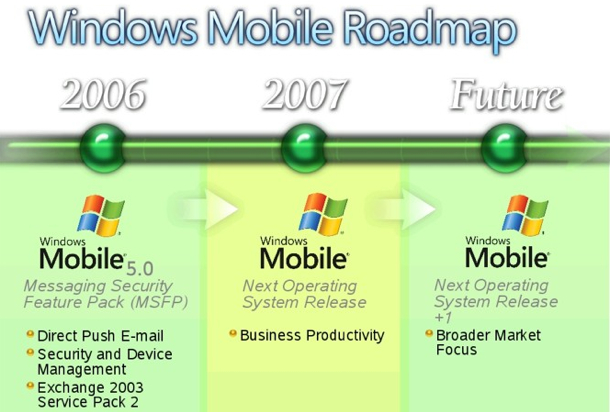
And even though all of the above sounds bad, the one thing Microsoft relies more than all is the support of their partners: Dell, HP, Asus, Sony, Samsung, HTC and others. Without them, their desktop and office products would become compromised. Without them, Microsoft’s opportunities in consumer electronics and personal computing are grim.
So, what happens if Microsoft’s partners do actually leave Microsoft in the dust? Unfortunately for Microsoft, that nightmare is becoming a reality.
The Worst Case Scenario
HP, who recently acquired Palm and webOS, recently announced that their company plans to go ahead with producing computers and mobile products that utilize webOS — which is not a Microsoft product. Oh, yes, things are getting serious now.
HP is the first computer manufacturer to turn their back on Microsoft in recent time. Admittedly, the company will still be manufacturing Windows-based computers, but we all know that HP is going to have a higher vested interest in their own webOS platform succeeding. If it becomes a suitable alternative to Microsoft Windows, there is little doubt in my mind that both companies will be considered rivals.
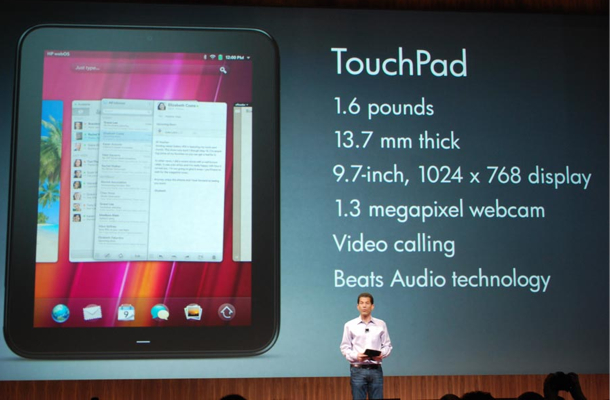
And while HP is the first company of the bunch to do their own thing, it certainly will not be the last. Dell has experimented before with distributing Ubuntu Linux on their systems, so it isn’t too difficult to imagine them exploring other alternatives in the future. So how long before Microsoft’s other partners take a page from HP and Dell?
Will they stick with Microsoft through thick and thin? They will for now, but in the future? Nothing is certain.
Regardless, all of this has opened new doors for PC manufacturers. We live in a world where a hardware manufacturer can be successful without Microsoft. There are other alternatives available: Chrome OS, Android, Linux, webOS (if licensed out to others), MeeGo, and more, just to name a few.
There is also the possibility for these manufacturers to build their own operating systems. Companies like HTC, Samsung, and Motorola have made great strides in creating their own custom interfaces on Windows Mobile and Android. Is it really out of the realm of possibility that they would take it further, especially in the mobile arena? Where would that leave Microsoft’s last hope, Windows Phone 7?
Microsoft’s Future
There is no question that the future of Microsoft is in jeopardy. The company that used to be mentioned every day in the tech industry has now been left behind and is struggling to find an identity. The words innovation and Microsoft are now rarely used in the same sentence. It has become a critical issue that needs to be addressed.
With the desktop PC slowly dying, Microsoft must eventually shift its efforts from desktop computers to mobile devices. The company must create a new operating system that is designed for the needs of mobile consumers, for hardware like like tablets. Redmond must also put in the effort to make this new operating system play nicely with their existing products. They might even want to take a chance with creating their own hardware — the Zune (particular the Zune HD) wasn’t bad by any means, and maybe if Microsoft stepped up to create their own branded tablet, they could set a high standard for their partners to aim for. Google did this with the Nexus One, Nexus S and Cr-48.
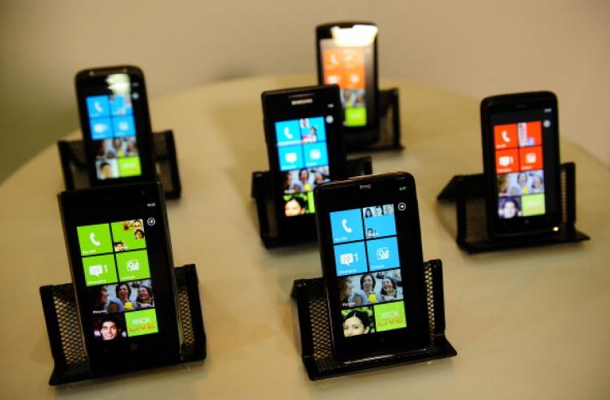
But the focus on mobile must also expand to the smartphone.
Windows Phone 7 does show great potential — and maybe the recent deal with Nokia to produce WP7 devices could result in growth for the platform — but it is taking far to long to get started; the first WP7-powered Nokia device is expected in 2012, and by then we will probably see the fifth-generation iPhone and the third version of Android making its way to the marketplace. Also, WP7 is not expected to make much headway with Verizon, which is a serious blow from the get go.
Most importantly, Microsoft must re-establish itself as an innovator. For far too long Microsoft has been on the sidelines of innovation, but this stagnancy must come to an end if there is any hope for the company to have a future in the eyes of consumers. But as someone who has been a fan of Microsoft products in the past (shocking, I know), I have absolutely no respect for the company as it stands today. Hopefully that will change.
